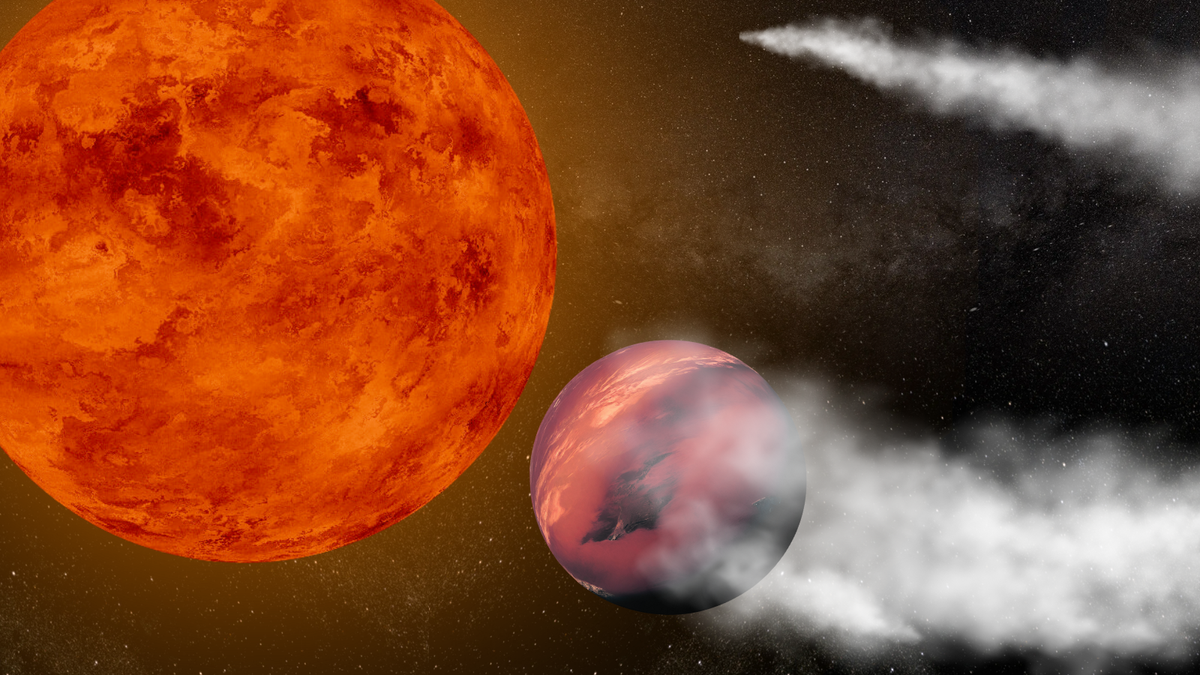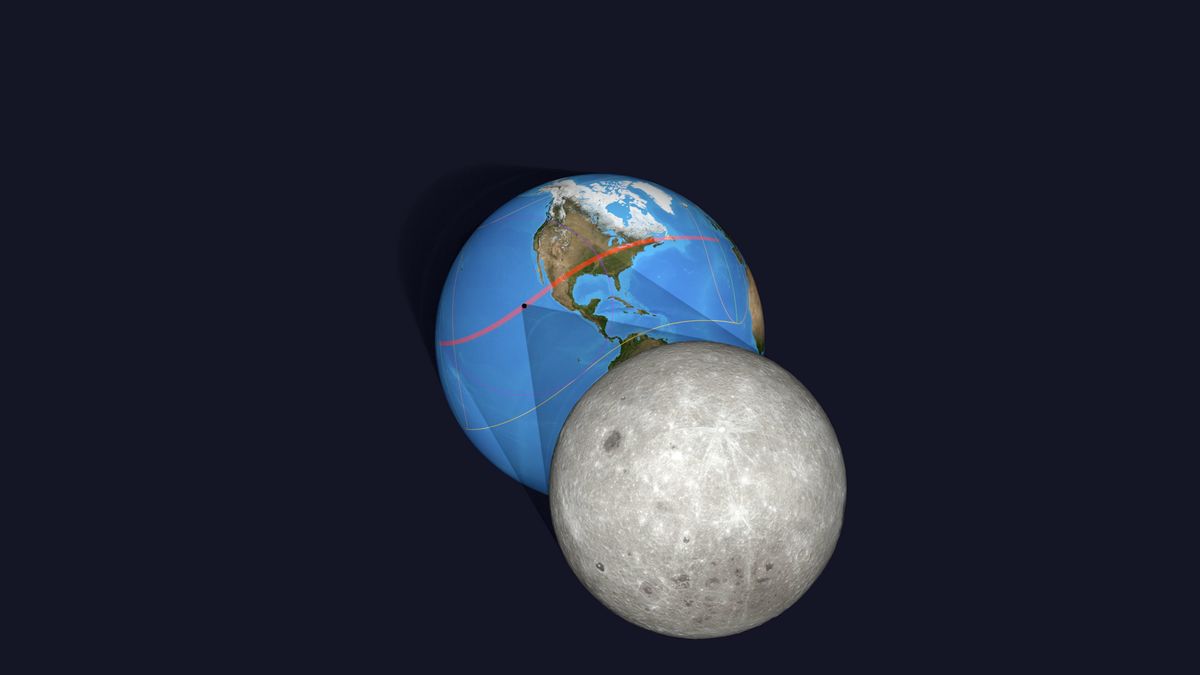Decaying Orbits of Planets Discovered: A Breakthrough in Astronomical Research
Recent groundbreaking research has shed light on the mysterious phenomenon of planetary orbits decaying, leading to a fiery demise where planets spiral into their parent stars. This discovery has significant implications for the field of astronomy, potentially allowing scientists to identify doomed planets within star systems and predict their fate.
Unveiling the Mystery Behind Planetary Death Spirals
Previous studies had indicated that approximately one in twelve stars have consumed one of their own planets. However, the cause of these planets hurtling towards their stars remained a puzzle. An international team of researchers has now uncovered the underlying mechanism responsible for this phenomenon.
The focus of the investigation was on hot Jupiters, a class of planets located in close proximity to their stars. These planets complete orbits in a matter of mere Earth days to hours due to their blistering proximity to stars. Examining a specific hot Jupiter known as WASP-12b, situated around 1,400 light years from Earth, researchers discovered the gravitational energy dissipation caused by the star’s magnetic field leading to the decay of its orbit.
The study illuminates a novel perspective on the interaction of gravitational tides and magnetic fields within extrasolar planetary systems, offering a plausible explanation for the decaying orbit of WASP-12b. This breakthrough marks a significant step forward in understanding the dynamics of planetary systems beyond our solar system.
The Role of Magnetic Fields in Planetary Demise
The research highlights the pivotal role of magnetic fields in star systems in accelerating the decay of planetary orbits. Tidal forces exerted on both stars and hot Jupiters result in the transfer of orbital energy to tidal waves within the star. As these waves dissipate, the associated loss of orbital energy causes the planet to spiral closer to the star.
However, in the case of WASP-12b, the researchers propose an additional mechanism at play. Strong magnetic fields within the star contribute significantly to the dissipation of orbital energy, hastening the planet’s plunge towards its star. This unique phenomenon offers new insights into the intricacies of planetary dynamics within celestial systems.
Moreover, the study suggests that the process of planetary decay due to magnetic field interactions initiates after a star reaches a certain age. This vital piece of information provides a potential pathway for predicting the fate of planets within star systems and guides observational astronomers in their quest to witness orbital decay.
Implications for Future Observations and Discoveries
The research findings enable astronomers to estimate the rate at which hot-Jupiter planets orbiting sun-like stars will deteriorate. By comparing these estimates with observational data, scientists can identify potential targets for studying planets on decaying orbits, thereby enhancing our understanding of the magnetic mechanisms governing planetary demise.
Identifying stars similar to the Sun as likely candidates for hosting hot Jupiter planets with decaying orbits offers a promising avenue for future research. Discovering and studying such planets would provide valuable insights into the magnetic processes driving their demise and refine our ability to predict the timeline of planetary decay.
The research team’s findings are published in The Astrophysical Journal Letters, marking a significant contribution to the field of astrophysics and unlocking new avenues for exploring the mysteries of planetary dynamics in distant star systems.
Image/Photo credit: source url





